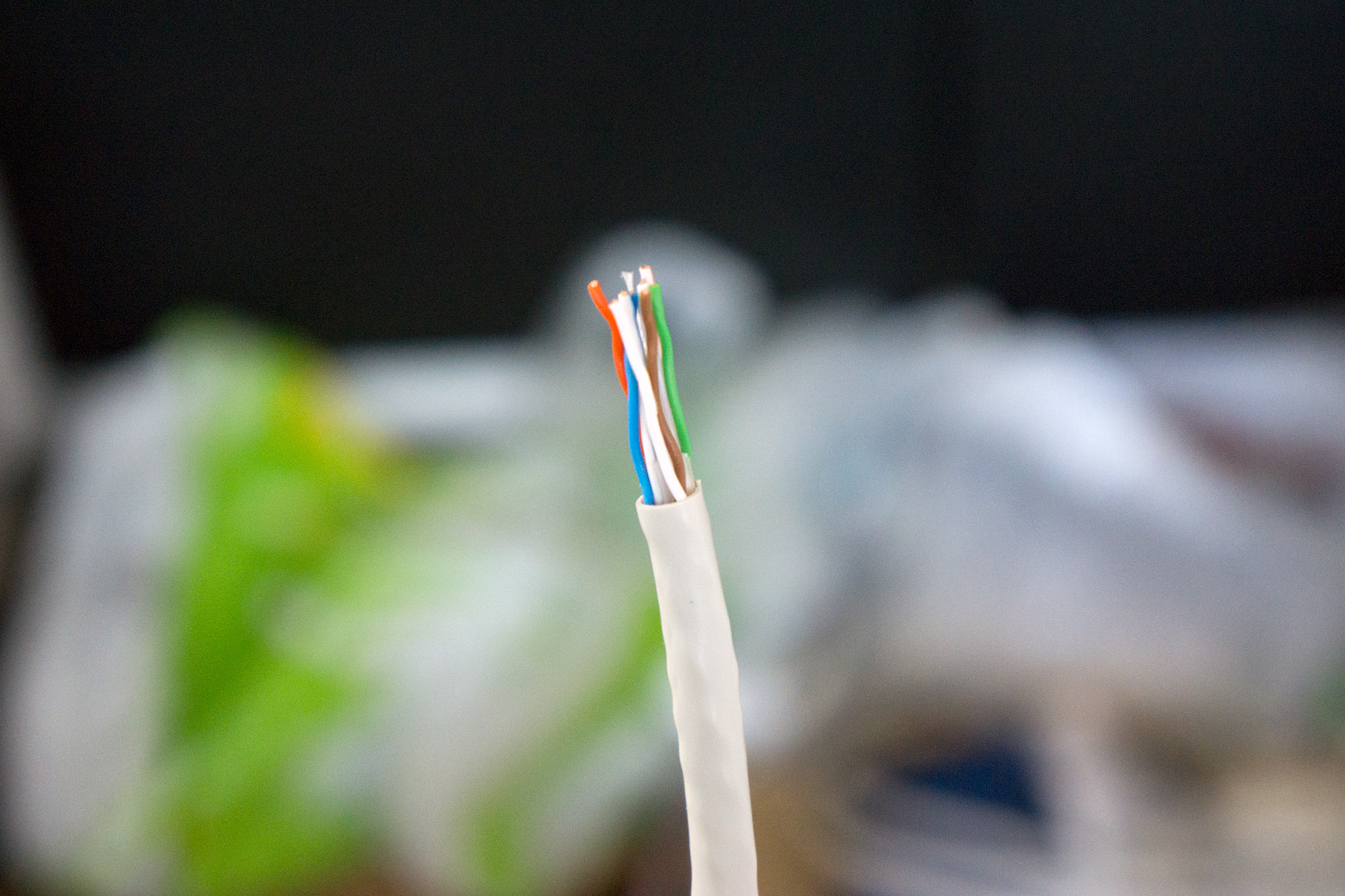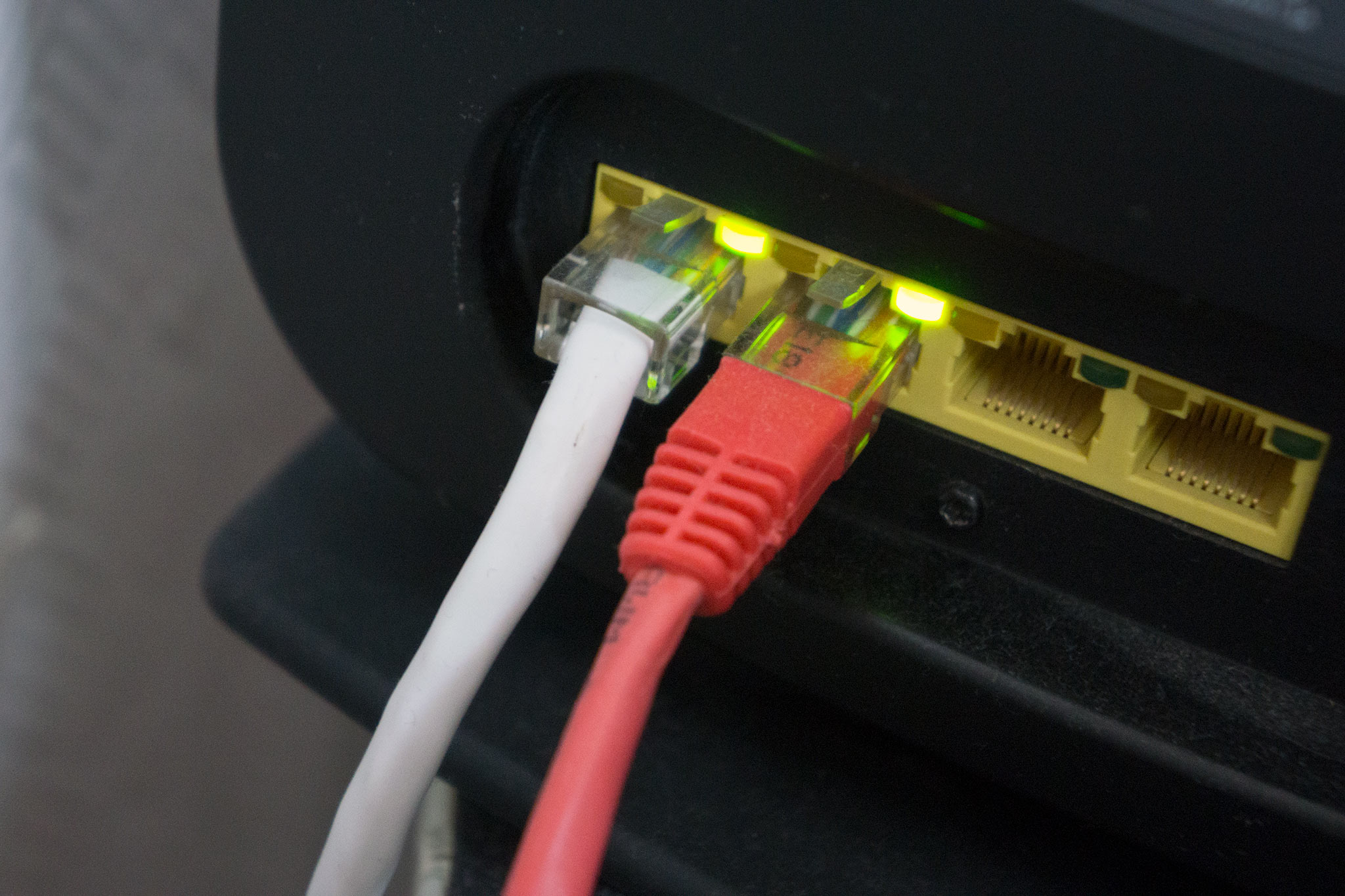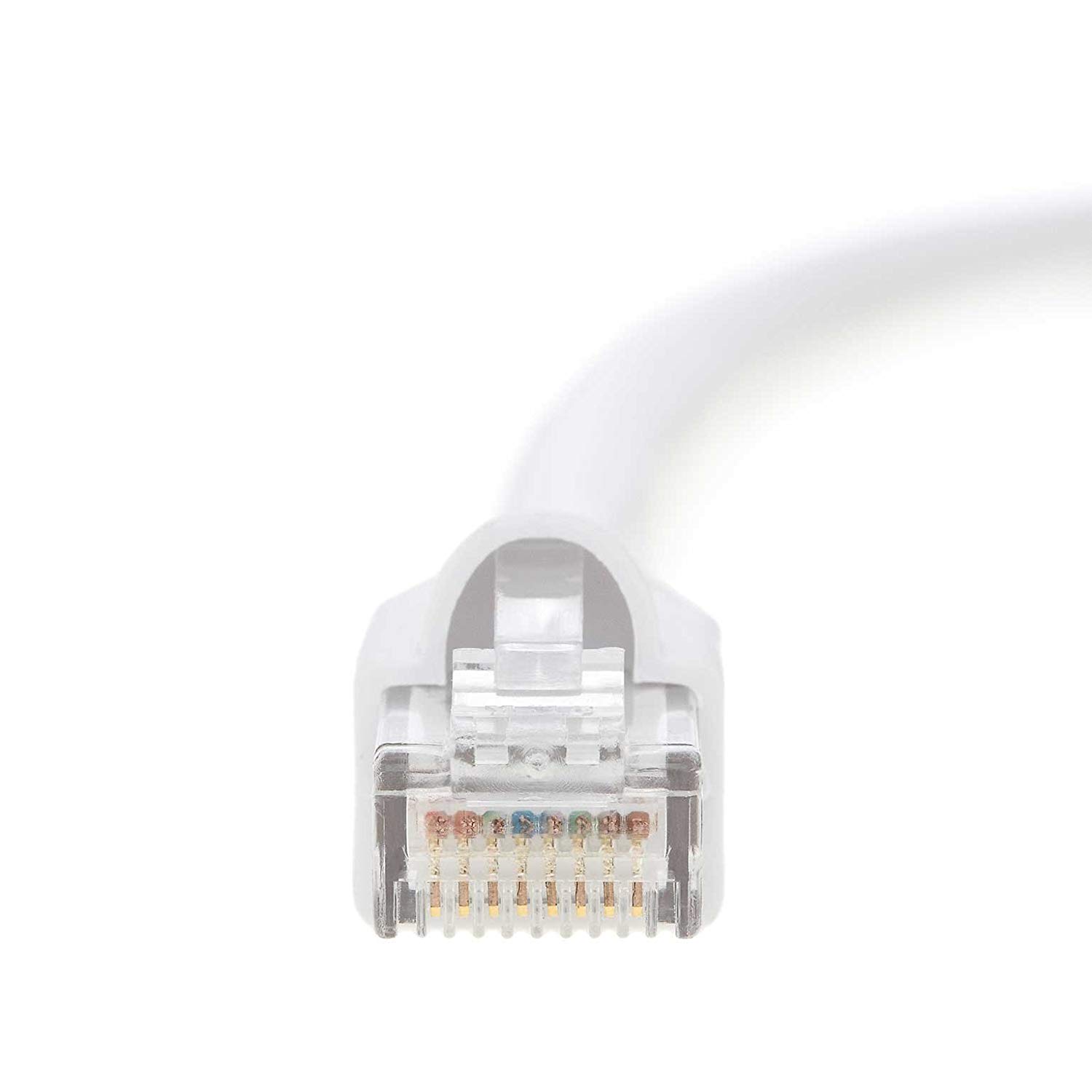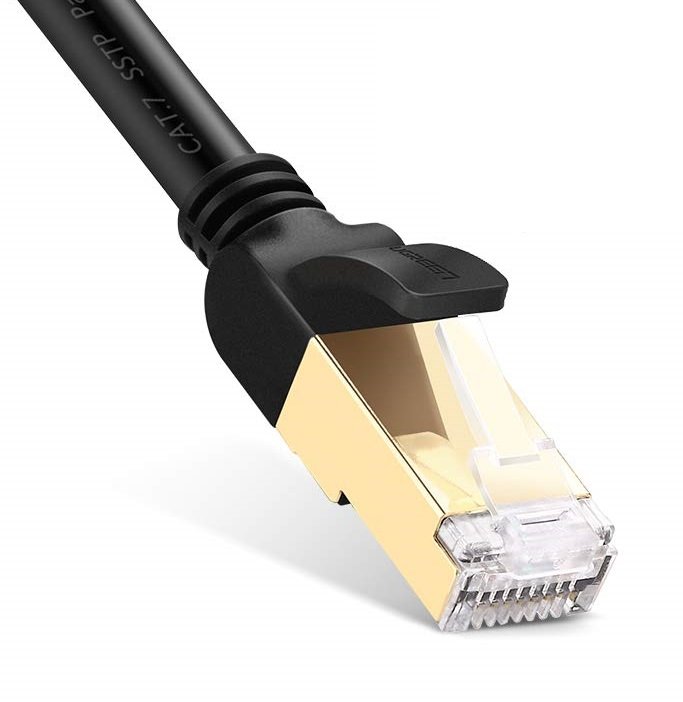Are Cat 7 cables worth buying?

All the latest news, reviews, and guides for Windows and Xbox diehards.
You are now subscribed
Your newsletter sign-up was successful
Are Cat 7 cables worth buying?
Theoretically faster
Category 7 Ethernet seems like a great way to futureproof your home network but there are a couple issues. The first issue is that any use case for these cables will likely max out at 10 Gbps, which is the same as Cat 6A. Cat 7 supports a theoretical speed of 40 Gbps, which is quite impressive, but the frequencies that allow Cat 7 cabling to reach such impressive speeds aren't currently supported by any home networking equipment. This means that your Cat 7 cable is acting like a robust Cat 6A compatible cable, and no more.
The problem lies with the Telecommunications Industry Association (TIA) and its goal of establishing a standard for cables. The TIA does not officialy recognize the Cat 7 standard, likely due to Cat 6A achieving similar 10 Gbps speeds. Cat 7 uses shielding to achieve a 600 Mhz max frequency and up to 10 Gbps, which has lead to its use in some audio and video networks.
Cat 7 meets the International Organization for Standardization's (ISO) Class F requirments in things like frequency and line noise. The TIA's category-naming scheme really comes down to simply establishing a standard, starting with POTS or plain old telephone service at Cat 1. Previously the ISO classes have lined up with the TIA categories likely leading to the unofficial naming.
Decent Cat 6 cables

Don't panic if a thousand meters of Cat 7 cable was just delivered to your new home. The most important feature of Cat 7 cables is that they are backwards compatible with older standards like Cat 6 and Cat 5E.
Cat 7 also has the nice benefit of reducing interference thanks to extra shielding around the twisted pairs inside the outer insulation. This can make cables annoyingly stiff but when it comes to delivering high speeds, eliminating interference is important. Still, well-shielded Cat 6 cables can often give you all these benefits with a better price tag. If you need a new cable, you're better off getting a Cat 6.
All the latest news, reviews, and guides for Windows and Xbox diehards.

Samuel is a Former Contributor for Windows Central.


